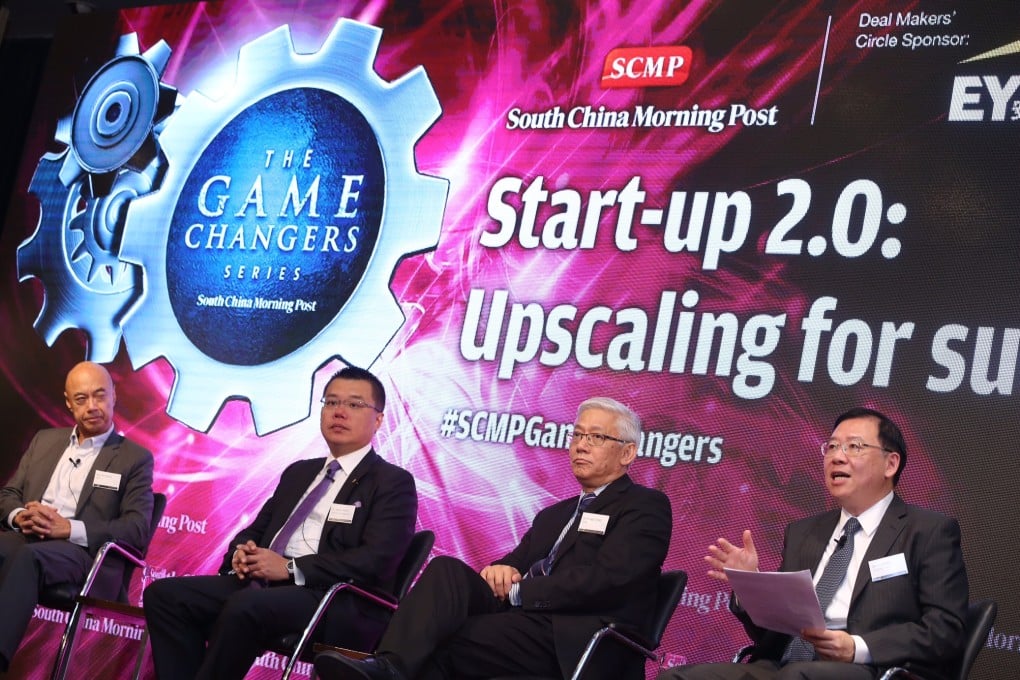To promote smart cities, governments should get out of the way: SCMP Game Changers Forum

Government can promote and foster innovation, but it must recognise that it can also be a major hurdle to advancement, attendees at the third South China Morning Post Game Changers Forum heard on Tuesday.
Discussing the future of smart cities, panelists were positive about the potential for entrepreneurs and benefits for citizens, but warned that government has a difficult path to tread in order to promote, rather than stifle innovation.
"There is a habit of thinking of city service in silos, the essence of [the smart city] is connectivity, knowledge and data," said Wu Po-chi, an adjunct professor at the Hong Kong University of Science and Technology.
"If you realise everything is interconnected, you can create solutions such as less congestion and efficient public transport."
In his budget speech this year, Hong Kong financial secretary John Tsang Chun-wah promoted the deployment of the internet of things – connected smart devices and data processing – in the city as part of the "Smarter Hong Kong, Smarter Living" initiative.
Speaking at Game Changers, Simon Wong, chief executive of the Hong Kong R&D Centre for Logistics and Supply Management Enabling Technologies, gave the example of upgrades made within the city's customs and excise infrastructure.